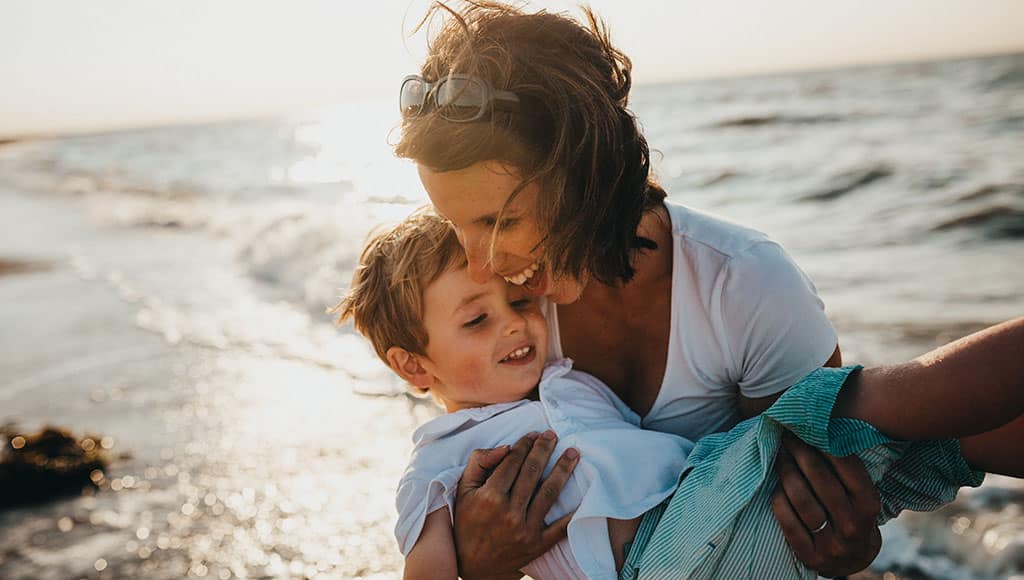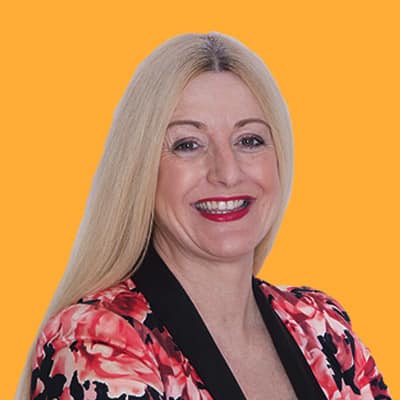Cancer is a very difficult subject to discuss with adults and especially hard with children. It is, however, a word even young children hear and are curious about. Few of us could have escaped the media frenzy over the Princess of Wales’ and King Charles III’s recent diagnoses with the disease.
Yet, it is always difficult to know what to say, how much to explain and how much a child of any age understands. As an educator and parent, the one thing I do know is that children, no matter their age, are extremely perceptive.
In my opinion, an open and honest approach is the best way. If they feel uncertain, this can create both anxiety and fear. Children are the first to notice when things are different. They have creative imaginations. Their perceived fears need to be allayed, not imagined into worst-case scenarios. Additionally, family and friends may inadvertently inform children and that can create a feeling of distrust.
Of course, how much you tell a child and the details that you go into are entirely up to you. As parents, you know your children best. Of course, it may also depend on whom the cancer is affecting.
Is it a general conversation about cancer due to the worldwide media coverage or is it affecting a family member that does not live with you?
If it is a member of your own household, then clearly this will present a different scenario.
How and when you tell your children is a choice for each individual family. Some parents tell their children straight away, whilst others may wait for a full diagnosis and details of treatment to determine how the cancer will impact their everyday lives.
When faced with this most difficult scenario, I know of parents who have had treatment and not told their children until they have received the all-clear. Each family must make their own personal decision, which will also be determined by the ages of their children.
If you decide to speak with your child/children about cancer, it is always advisable, for school-age children, to do this at a weekend or during the holidays. This allows them time to process and ask questions without the pressure of school routines. Do try and have all those present that you want to tell at the same time, both for support and comfort. Remember what you say very much depends on the age of your children, and the questions that they may ask.
Naturally, older children may become upset and very concerned. Reassure them, give them as much information as you feel they can cope with and let them know how much you love them. Telling your child/children that you have cancer, irrespective of their age, will never be an easy conversation to have. Try to ensure that, as a family, you do everything that you can to unite during this most difficult time.
Where possible, especially for younger children, try and retain everyday routines and normalcy, as this will reinforce their feelings of safety and security.
Do have regular updates. Talk about hospital visits and mark them on the calendar. This allows children to have a sense of understanding and control in the situation.
Make time for special events and outings as a family to take focus away from the cancer.
Remember the importance of talking together and keep all channels of communication open. Encourage your children to ask questions and not to be afraid to ask what happened at the hospital. Your replies will be age-appropriate, and they will be naturally curious.
Importantly, reach out for help when you feel your family needs it. There are so many outstanding support sites: Macmillan, Marie Curie, Cancer Research to name but a few. All are excellent sources of support for both parents and children, especially teenagers.
Most definitely, this will be one of the difficult talks as a family that you will ever have to make. Take your time so that you are as prepared as you can be, and reassure your children that they are loved and will always be cared for. You are not alone – understanding help and support is always available.
‘The human spirit is stronger than anything that can happen to it.’ C.C. Scott
By Penelope Best,
International Education Consultant















